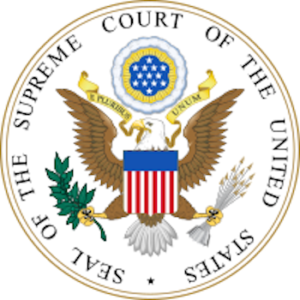
*On this date in 1944, the Supreme Court decided Steele v. Louisville & N. R. Co.. In this case, B. W. Steele, a member of the IARE executive, argued that an agreement between the railway and the Brotherhood of Locomotive Firemen and Enginemen (BLFE) was illegal. A whites-only railroad union could not exclude Blacks and deny them better jobs because they were not union members.
An African American fireman, Bester Steele, was furloughed from his job and rehired to perform more arduous work at lower pay. His former job was given to a white Brotherhood member who was junior to Steele in seniority. The president of the Association of Colored Railway Trainmen and Locomotive Firemen’s Local No. 5 came to Washington and sought out Attorney Charles H. Houston to determine “what [the union] should do to protect their rights.”
This was a US labor law case concerning the responsibility of every formally recognized labor organization to represent all the members of whatever is/equally are a particular class(es) or craft(s) of an employer's Fair Labor Standards Act (FLSA) covered employees regardless of whether any particular individual(s) are, or are not, members of the duly recognized labor organization labor unions.
Huston and Arthur Shores argued the case. Associate Justice Frank Murphy concurred but came in slugging. He said that deciding the case on the legal technicalities was all good but that the elephant in the courtroom should not be ignored. His concurrence, which contains the first use in a Supreme Court opinion of the word racism,